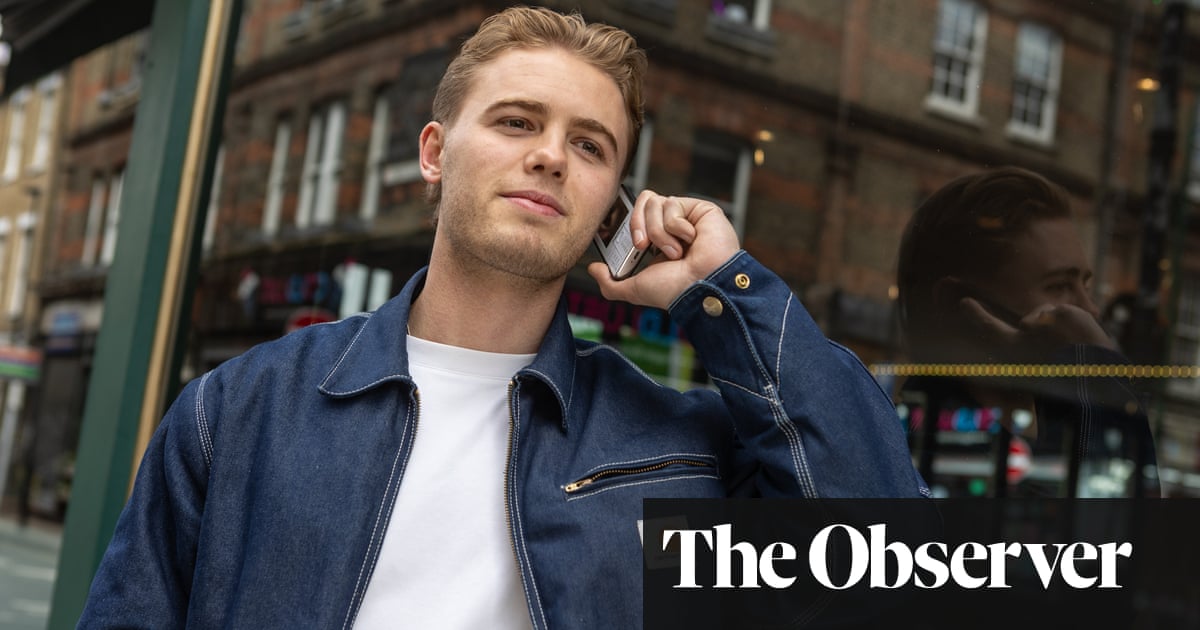The ‘boring phone’: stressed-out gen Z ditch smartphones for dumbphones

🌈 Abstract
The article discusses the growing trend of "dumbphones" or minimalist phones among younger generations, particularly Gen Z, who are seeking to reduce their digital connectivity and reliance on smartphones. It explores the reasons behind this trend, such as concerns about data privacy, the negative impacts of constant digital connection, and a desire for more freedom and focus. The article also examines the challenges of completely abandoning smartphones in a world that is increasingly reliant on digital technology.
🙋 Q&A
[01] The Boring Phone and the Dumbphone Boom
1. What is the Boring Phone, and how is it part of the dumbphone boom?
- The Boring Phone is a new, featureless flip phone that is gaining popularity among younger people who want to move away from smartphones.
- It is a collaboration between Heineken beer and the fashion retailer Bodega, and it caused a stir when it was unveiled at Milan Design Week.
- The Boring Phone is part of a broader trend of "dumbphone" or minimalist phone revivals, driven by Gen Z's suspicion of data- and attention-harvesting technologies.
2. What are some examples of other "Newtro" trends that have emerged alongside the dumbphone boom?
- The revival of vinyl records, cassettes, fanzines, 8-bit video games, and old-fashioned mobile phones are all examples of "Newtro" trends, where older cultural artifacts are being reinvented.
3. What are some of the reasons driving the dumbphone boom?
- Nostalgia for the long-lasting battery life and simplicity of phones like the Nokia 3310.
- Concerns about the negative impacts of being constantly digitally connected, with three in five Gen Zers saying they'd like to be less connected to the digital world.
- A desire for more privacy and freedom, as the internet can feel more like a "surveillance tool" than a place to pursue interests.
[02] The Challenges of Abandoning Smartphones
1. What are some of the challenges people face in completely abandoning smartphones?
- Many essential services, such as education, healthcare, and government services, are now primarily online, making it difficult for people without smartphones to access them.
- Schools often rely on online activities and smartphone use for scheduling and homework, making it challenging to ban smartphones entirely.
- The article mentions the example of the "Luddite Club" of New York schoolchildren who tried to give up their iPhones for flip phones, but found it "impossible" due to the reliance on smartphones in their school system.
2. How did one person, Piers Garrett, try to achieve a balance between using a minimalist phone and a smartphone?
- Piers Garrett tried using a Light Phone, which uses e-ink and has no apps, but only lasted six months because everyone communicated via WhatsApp.
- He then found a "happy medium" by keeping a smartphone but being very strict with his app usage, turning off notifications, and focusing on activities like reading a book in the morning.